Intel Core i7-1065G7 vs AMD Ryzen 7 4800U – 15W battle
 The Intel Core i7-1065G7 is one of the fastest Intel Ice Lake processors out there and it has one of the best iGPUs at the moment – the Intel Iris Plus G7. The latter is faster than dedicated graphics like NVIDIA MX130 and that’s why the i7-1065G7 is a very good combo – decent CPU performance with superb iGPU. In terms of raw CPU performance, the Ice Lake CPU is having a hard time when compared to some 6-core Coffee Lake processor.
The Intel Core i7-1065G7 is one of the fastest Intel Ice Lake processors out there and it has one of the best iGPUs at the moment – the Intel Iris Plus G7. The latter is faster than dedicated graphics like NVIDIA MX130 and that’s why the i7-1065G7 is a very good combo – decent CPU performance with superb iGPU. In terms of raw CPU performance, the Ice Lake CPU is having a hard time when compared to some 6-core Coffee Lake processor.
In some of our latest CPU comparisons based on leaked results, we all saw that the i7-1065G7 don’t have enough “horsepower” when it’s compared to a Zen 2 CPU like AMD Ryzen 7 4800H. The latter is even faster than a 12-threaded i7-9750H. So, is there anything left for comparison before the official launch of the new mobile Zen 2-based CPUs from AMD? Yes, AMD has Zen 2 chips with a 15W TDP like the one that we are going to use in this comparison – the AMD Ryzen 7 4800U. In terms of TDP values, it looks like a good competitor to i7-1065G7.
Equal TDPs, Ice Lake vs Zen 2 – it’ll be a hell of a battle, stay tuned.
Of course, as soon as we get our hands on the new Ryzen CPUs, we’ll update this article with results from our own lab.
Quick Specs
Ah, the well-know i7-1065G7 (we were about to say “the good old” but maybe it would be a bit rude) with its 4 cores and 8 threads. The 4800U has SMT which means 16 threads but in real life, one of the things that matters the most is the number of real cores, not the logical threads – 4800U has 8 cores. It looks like AMD has done its homework in the best possible way.
The 4800U has higher frequencies (1.30 GHz – 3.90 GHz to 1.80 GHz – 4.20 GHz), double the core and thread count of its Intel contender and at the same time its TDP is equal to i7-1065G7 – come on, AMD, release those CPUs sooner, we want them! Both CPUs have 8MB cache size and the AMD one has much higher supported memory frequencies – DDR4-3200MHz; LPDDR4-4266MHz. The Intel CPU’s memory support isn’t that bad too but has lower frequencies – DDR4-3200, LPDDR4-3733.
As for the iGPUs – we already know that the Intel Iris G7 is a lot faster than UHD 630 and even its smaller sibling – the Iris Plus G4 is faster than AMD RX Vega 10. On the other hand, not everything is flowers and roses for the Iris iGPU because it looks like the upcoming AMD RX Vega 7 integrated graphics with its newer and much faster CUs will be a lot faster than the (currently) best Intel Iris graphics. Don’t forget the fact that the 4800U uses AMD Radeon RX Graphics with 8 CUs (let’s call it “the new AMD RX Vega 8”, at least until the official release) and it must be faster than the one with 7 CUs.
More detailed specs here – Intel Core i7-1065G7 / AMD Ryzen 7 4800U
Specs table:
| Intel Core i7-1065G7 | AMD Ryzen 7 4800U | |
|---|---|---|
| Cores / Threads | 4 / 8 | 8 / 16 |
| Base / Max frequency | 1.30 – 3.90 GHz | 1.80 – 4.20 GHz |
| Cache | 8 MB Intel Smart Cache | 8 MB L3 Cache |
| TDP / up / down | 15W / 25W / 12W | 15W / 25W / 10W |
| Memory support | DDR4-3200, LPDDR4-3733 | DDR4-3200MHz; LPDDR4-4266MHz |
CPU Benchmarks
In 3D rendering, the 4800U has a 75% higher score than the i7-1065G7. This result isn’t that crushing like the one in our Core i7-1065G7 vs AMD Ryzen 7 4800H comparison but 75% higher score is still a huge performance gap.
Results are from the Cinebench 20 CPU test (the higher the score, the better)
Results are from our Photoshop benchmark test (the lower the score, the better)
GPU Benchmarks
What about the iGPU results. Geez, the new AMD RX Vega 8 has a 102% higher graphics score in 3DMark Firestrike – it’s a bit over two times better result. Wow, just wow.
Results are from the 3DMark: Time Spy (Graphics) benchmark (higher the score, the better)
Results are from the 3DMark: Fire Strike (Graphics) benchmark (higher the score, the better)
Results are from the Unigine Superposition benchmark (higher the score, the better)
Verdict
 Ok, those results were a bit menacing, at least from Intel’s side. For the regular consumer, it’s more than good – a 16-threaded mobile CPU is coming. It is a lot faster than i7 1065G7, its iGPU is two times faster than Intel Iris Plus G4, and it has the same TDP as its Intel contender – 15W. We call that a deal.
Ok, those results were a bit menacing, at least from Intel’s side. For the regular consumer, it’s more than good – a 16-threaded mobile CPU is coming. It is a lot faster than i7 1065G7, its iGPU is two times faster than Intel Iris Plus G4, and it has the same TDP as its Intel contender – 15W. We call that a deal.
Until now, if you need a high-end laptop with an 8-core CPU the only choices were Intel Core i9-9880H and Core i9-9880HK which are really fast CPUs but they need very sufficient cooling and they dissipate a lot of heat because of their 14nm “nature”. In short, those Intel Coffee Lake i9 CPUs aren’t suitable for every laptop but things will change faster after the launch of the mobile Zen 2 CPUs which isn’t that far away.
With AMD Ryzen 7 4800U the manufacturers will offer much more 16-thread machines because the Zen 2 architecture is more versatile. Just imagine a machine configured with 4800U and its powerful iGPU – superb CPU performance and great integrated graphics that don’t dissipate much heat and can be fitted in slim laptops. That is a dream device for us all. At the same time, the integrated GPU is two times faster than Intel Iris Plus G4 (in 3DMark) and maybe it’ll be close to the actual performance levels of NVIDIA GTX 1650 – that is just a conjecture based on the numbers that we saw after the comparison.
In the end, the i7-1065G7 is still a good CPU with fast iGPU, this will be valid until the official release of the mobile Zen 2 CPUs. The Intel CPU has the same TDP as 4800U but that is the only common thing between those two CPUs – the AMD Ryzen 7 4800U looks like a much better package than its Intel contender.
Of course, as soon as we get our hands on the new Ryzen CPUs, we’ll update this article with results from our own lab.

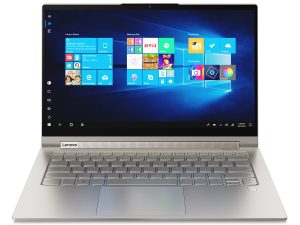



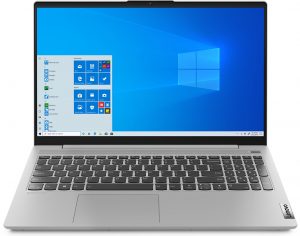

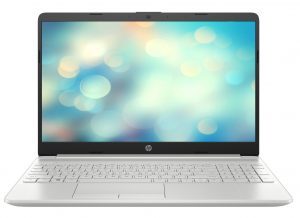

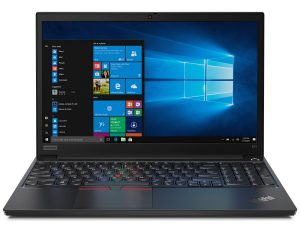


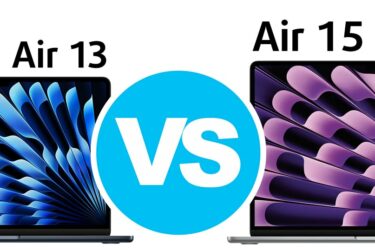



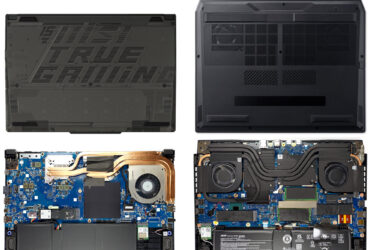

Next, Intel Core i7-10710U vs AMD Ryzen 7 4800U – 15W battle 2? ?